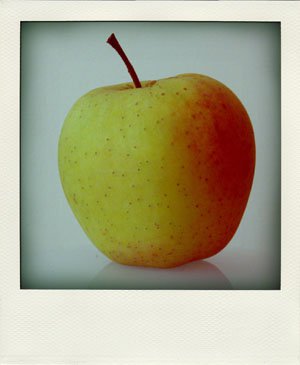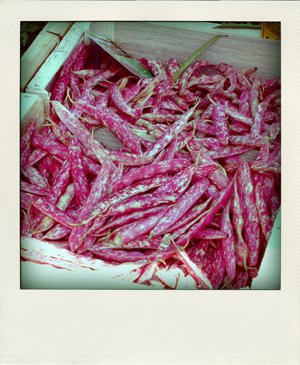
This is part of a series on French idiomatic expressions that relate to the culinary world. Browse the list of idioms featured so far.
This week’s idiom is, “Mettre son grain de sel.”
Literally translated as, “putting in one’s grain of salt,” it means interfering with a conversation or situation with an unsollicited comment or opinion. It is a colloquial expression that is somewhat similar to the American English idiom, “adding one’s two cents.” Depending on the context, a person’s urge to slip in his grain of salt can be seen in a positive light (outspoken/endearing) or a negative one (meddlesome/annoying*).
Example: “Ils avaient choisi le menu, mais le père de la mariée a mis son grain de sel, et il a fallu tout changer.” “They had chosen the menu, but the bride’s father put in his grain of salt, and the whole thing had to be changed.”
Listen to the idiom and example read aloud:







